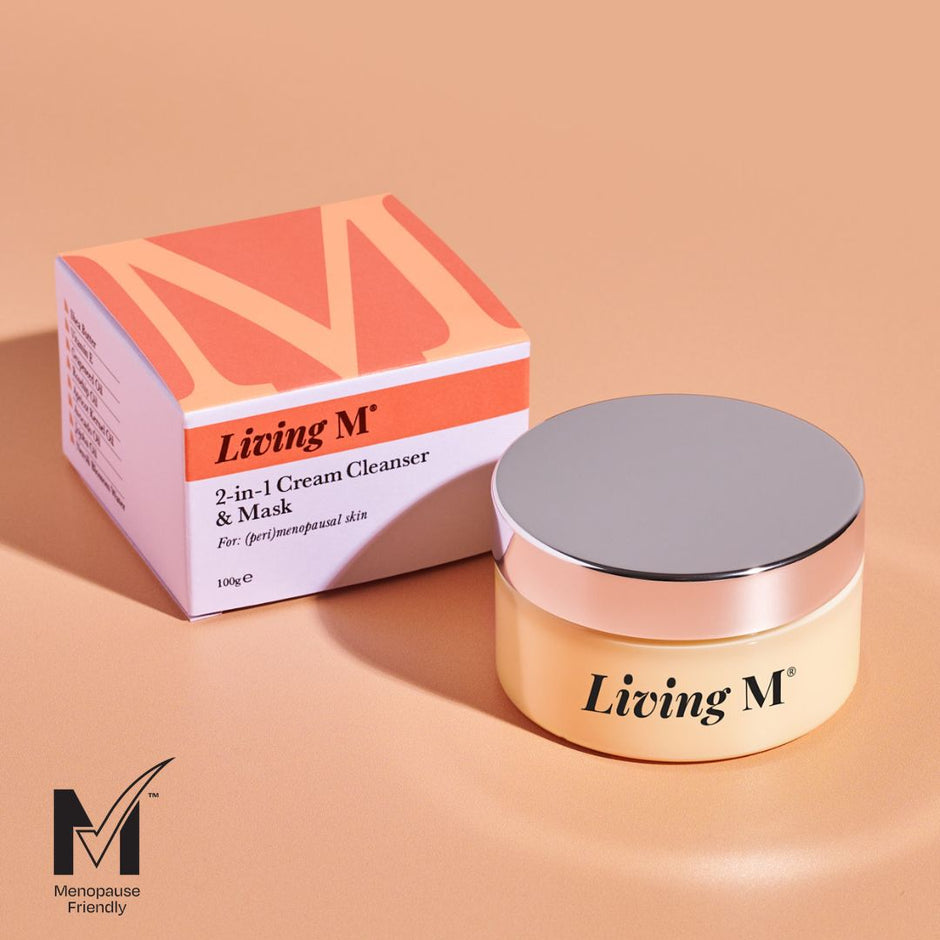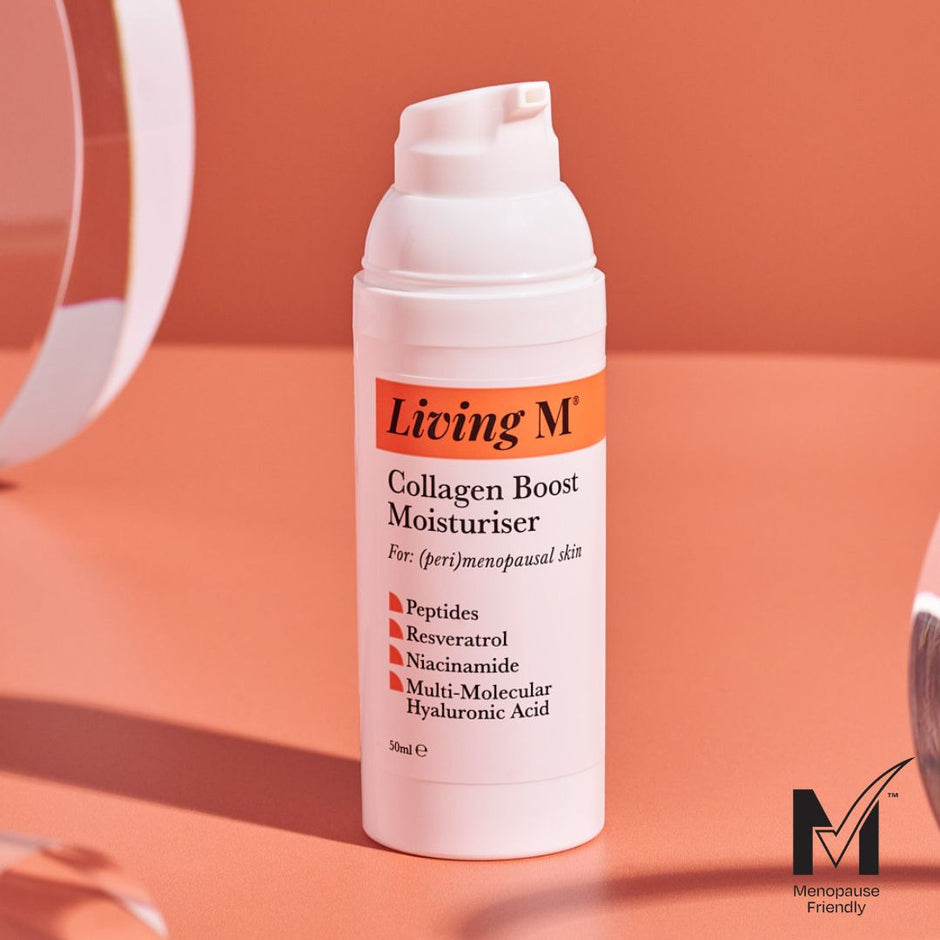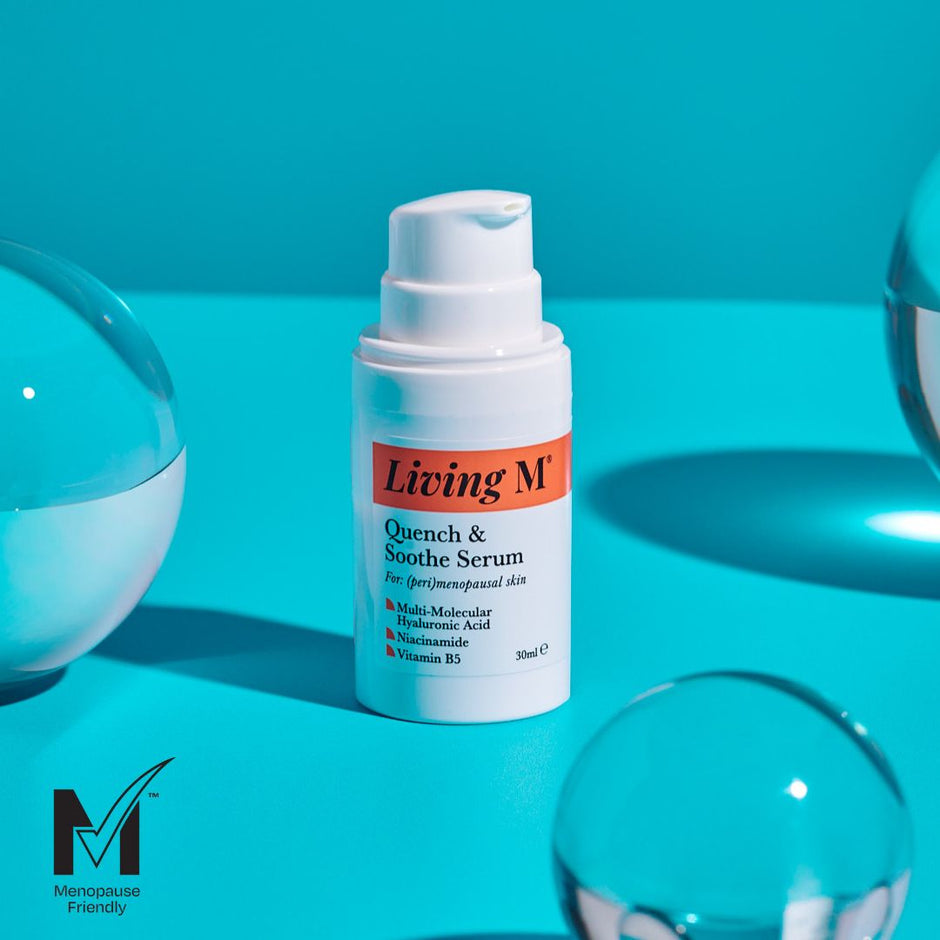Am I Perimenopausal?
Co-Founder Caroline shares her story
For many women in their 40’s the perimenopause can come as a shock. We talk a lot about the menopause (when your periods end) but most women don’t know anything about the phase leading up to this – the perimenopause. It is during this time that you start to experience symptoms of the menopause – some subtle and some not so subtle and it's easy to attribute a lot of them to the stresses of daily life. Work, teenagers, ageing parents – we have a lot on our plates during this time of life. I didn’t see it coming when it happened to me - most women enter this phase in their mid-40s, but it can happen much sooner or later.
I was 45 when I entered perimenopause and it took me a good few years to connect the dots and figure out what was going on. I had never actually heard of the perimenopause until a year ago when I started to develop more physical symptoms which made me realise something was going on and forced me to look into it.
Looking back, I would describe my first symptoms as psychological and they came on gradually. Around 45 I was still having a regular cycle so it never occurred to be that the changes I was experiencing might be hormonal. At first it was irritability, mood swings and worsening PMS. Then anxiety started to creep in about things I had been doing relatively confidently before for no apparent reason. I also started to have trouble remembering things and at sometimes found it difficult to concentrate and focus at work. I didn’t feel like this all the time which made it even more confusing. I would also randomly wake up some mornings with a feeling of what I can only describe as dread or foreboding right in the pit of my stomach - there was no reason for it and it wasn’t about anything in particular. I just didn’t feel like myself anymore and I didn’t understand why. I now know these are all classic symptoms of the perimenopause and fluctuating hormones but like most women I thought this was something that wouldn’t hit me until much, much later.
I also started to notice changes in my skin - it became much drier and tighter and seemed to lose its glow over-night. I also started to get random hormonal breakouts and my skin became much more sensitive. The products I’d been using for years weren’t working for me anymore and had started to irritate my skin. I ended up spending a lot of money on a lot of different products that didn’t work for me. My skin was confused – dry and tight but prone to teenage-like spots and flushing at the same time. I knew I needed to switch up my skincare, but I couldn’t find anything formulated to work for my changing skin needs.
At the age of 47 I started to develop terrible migraines. I have always suffered from hormonal migraines but these usually came at the same time every month but they suddenly started to strike more frequently. I also started to have much more disruption to my cycle and could not lose the extra half a stone I seemed to have gained overnight no matter what I did so I started looking into what could be causing this.
I discovered hormonal changes start to occur years before your final period as oestrogen and other hormone levels start to decline. The average age to reach menopause is actually 51 but the perimenopause can go on for years before this. Why didn’t I know about this and why had no-one told me?
Hot flashes, night sweats and missed periods are the typical symptoms you associate with menopause, but it shocked me to discover there are actually over 30 symptoms of perimenopause. Our blog “34 Symptoms of Menopause” covers the main ones. Talking to friends and the women in our Living M community group I discovered that the symptoms women often struggle with the most with aren’t necessarily the ones you automatically associate with menopause. Brain fog, anxiety, depression and poor concentration can cause as much distress and be as debilitating as hot flashes. Not everyone has the same symptoms, people experience different symptoms and some women never, ever have a hot flash. There is no one size fits all with the perimenopause.
I discovered there is a lot you can do to manage this phase and make the transition easier on yourself once you know what is going on. Improving your diet, taking regular exercise, cutting back on alcohol and caffeine and reducing stress are all recommended, and they have really helped me in getting on top of my symptoms.
I’m not a doctor - this is just my personal experience but it helped me a lot once I had figured out what was going on and realised I wasn’t going crazy! There is a huge amount of information available online. I would highly recommend visiting www.mymenopausedoctor for information on managing the perimenopause and menopause. Dr Louise Newson is a GP and menopause specialist and her website is a brilliant source of information.
She also has a lot of great, accurate up to date information on HRT – risks and benefits. It is the recommended medical first line of treatment for menopausal symptoms and she has some good advice on how to approach your GP if this is something you want to consider.
I also found Kate Muir and Davina McCall’s Channel 4 documentary “Sex, Myths and the Menopause” really helped me to understand that this is a completely normal part of life. What isn’t normal is that we don’t talk about it enough but with high profile people like Davina talking so openly about it that is starting to change.




